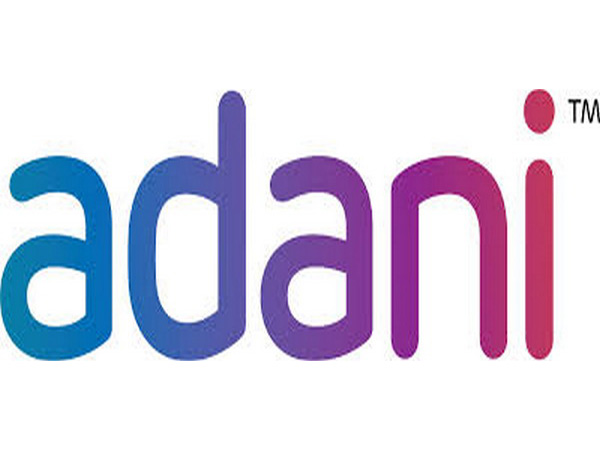Mumbai (Maharashtra) [India], September 18 (ANI): India’s growth story is facing global turbulence, but domestic strengths and a cautious yet evolving trade strategy are expected to cushion the impact, according to economists and analysts.
Speaking exclusively with ANI, Dharmakirti Joshi, Chief Economist at Crisil, said India’s growth cycles have increasingly become synchronized with advanced economies due to higher trade and capital flows.
“In the short run, the pain in the advanced countries’ slowdown does transmit to us. Now, as far as the tariffs are concerned, there is a direct impact which is through the U.S, because the U.S. is the largest trading partner with the tariffs, our exports to the U.S. become more expensive.”
Beyond the direct drag on goods exports, Joshi pointed to indirect challenges such as slowing demand in other destinations and dumping from China due to its excess capacity.
“I think there’s a huge amount of uncertainty, which today is higher than it was during the global financial crisis or during the pandemic,” Joshi cautioned.
However, he stressed that domestic factors are providing resilience. Normal monsoons, low oil prices, adequate forex reserves, and India’s strong services export base are key positives. With nearly half of the exports coming from services, which are less vulnerable to tariff shocks, India has a natural cushion.
“I think the domestic factors are somewhat offsetting the global headwinds and we will deliver about 6.5 per cent GDP growth,” he said, citing monetary easing by the RBI and front-loaded capital expenditure by the government as further support.
Deepa Kumar, Head of Asia-Pacific Country Risk at S&P Global Market Intelligence, said India’s relative resilience also stems from its lower dependence on trade for growth compared with other Asian economies.
“India is less dependent on trade for its growth than other Asian economies, and that has helped India at a time like now. It is a bit more resilient to the changes in the global economy and in different trade policies that we’re seeing,” she said, adding that the country’s approach to trade policy is “evolving cautiously.”
Kumar highlighted that India is keen to integrate more deeply with the global economy, both in manufacturing and services, by securing access to new markets. While nearly 40 per cent of India’s exports are concentrated in the U.S. and EU, she emphasized huge potential in emerging economies across the Gulf, ASEAN, Latin America, and Africa.
“We’re looking at this framework where India can start accessing new markets through free trade agreements,” Kumar observed.
India’s services strength continues to act as a buffer. “So for instance, India’s external trade being so services-focused has actually been risk positive for India, and we don’t see the role of services reducing,” she said.
Kumar noted that FTAs like the India-UK pact reflect India’s intent to negotiate not just on goods but also on services.
She also underlined the role of India’s young and abundant workforce in boosting competitiveness, provided they are skilled to match emerging opportunities.
Overall, experts believe that despite global uncertainties, from tariffs and slowing external demand may pose near-term risks, India’s internal demand strength, services resilience, and measured trade diversification strategy will keep the growth momentum. (ANI)
Disclaimer: This story is auto-generated from a syndicated feed of ANI; only the image & headline may have been reworked by News Services Division of World News Network Inc Ltd and Palghar News and Pune News and World News
HINDI, MARATHI, GUJARATI, TAMIL, TELUGU, BENGALI, KANNADA, ORIYA, PUNJABI, URDU, MALAYALAM
For more details and packages

















